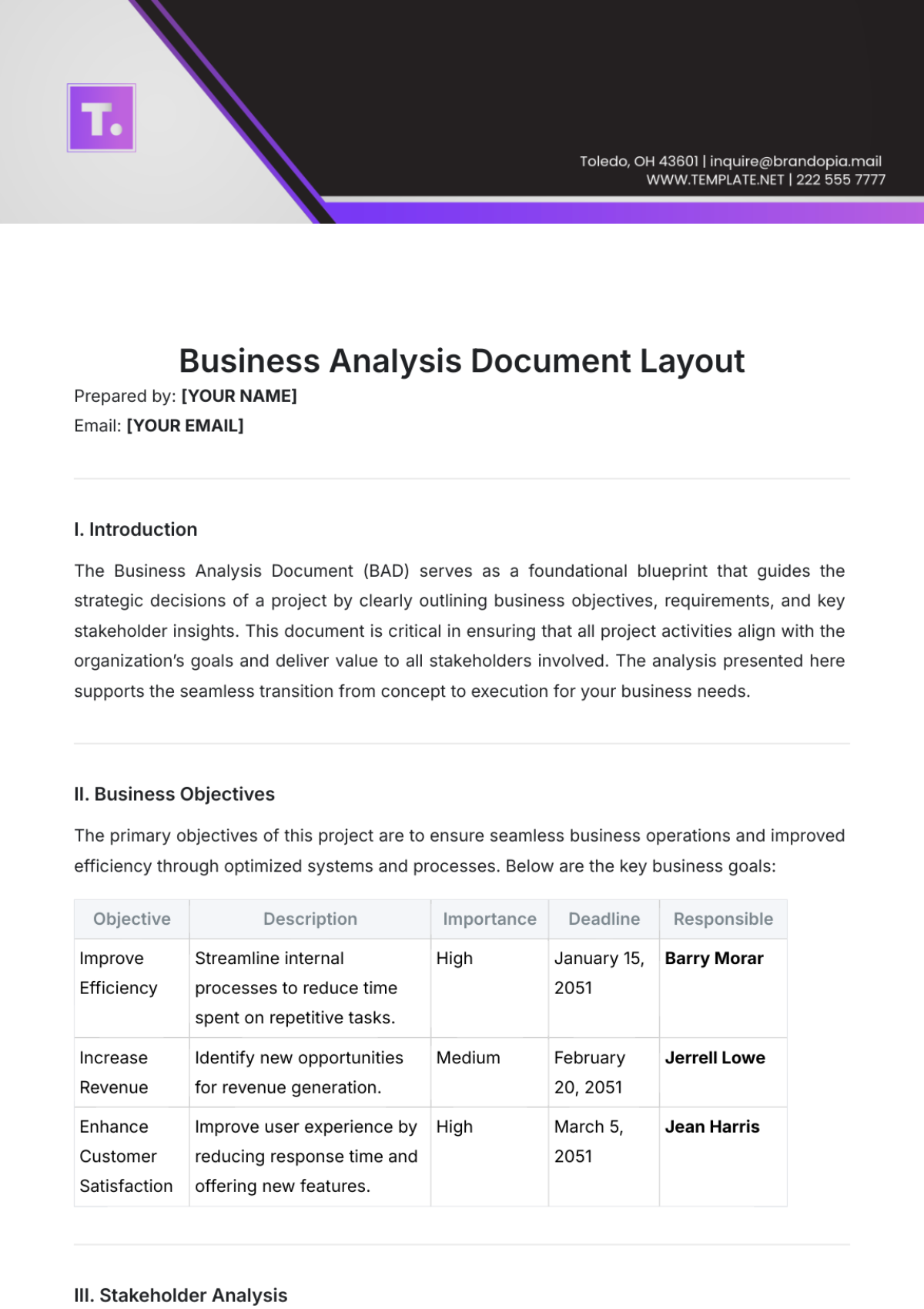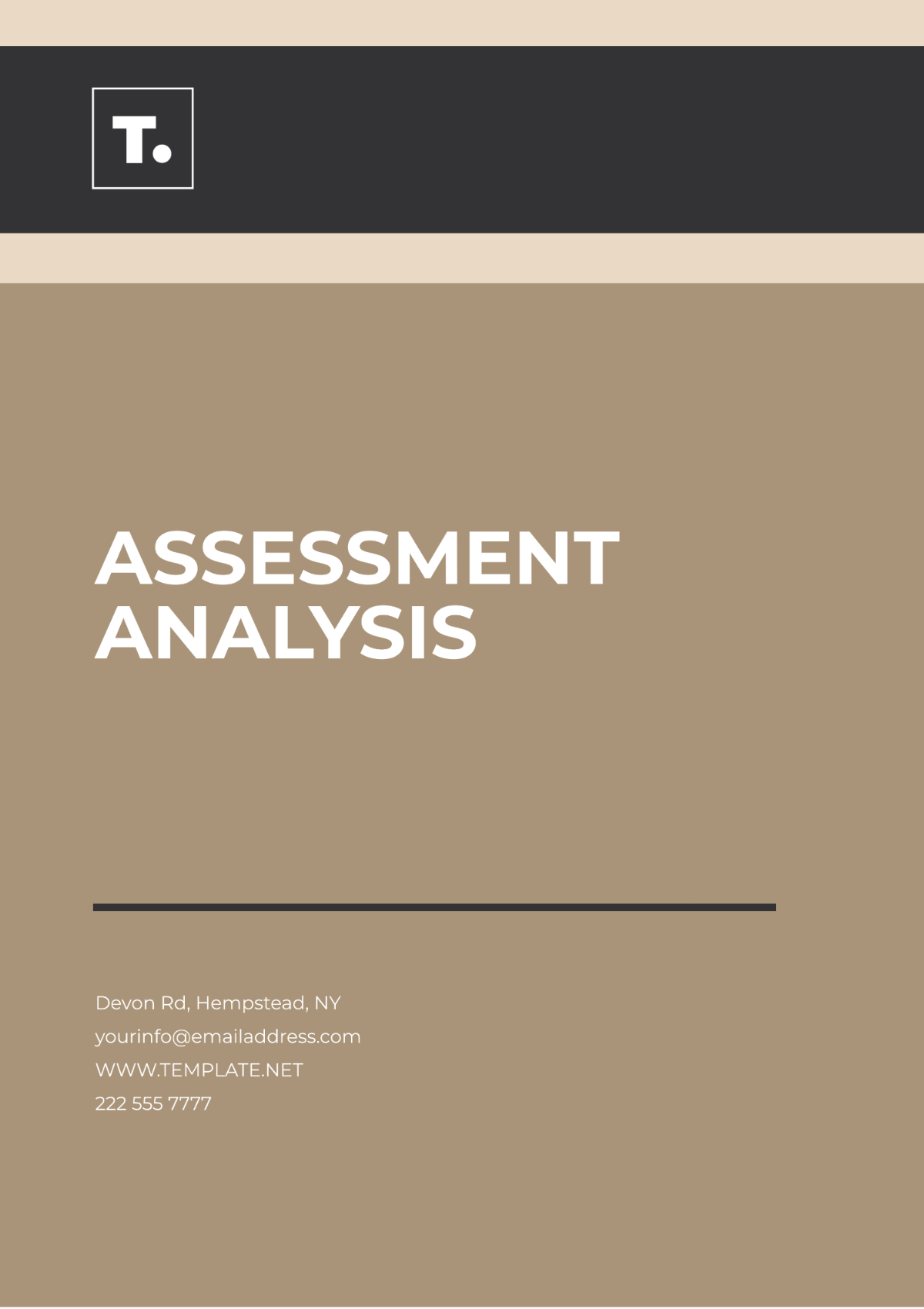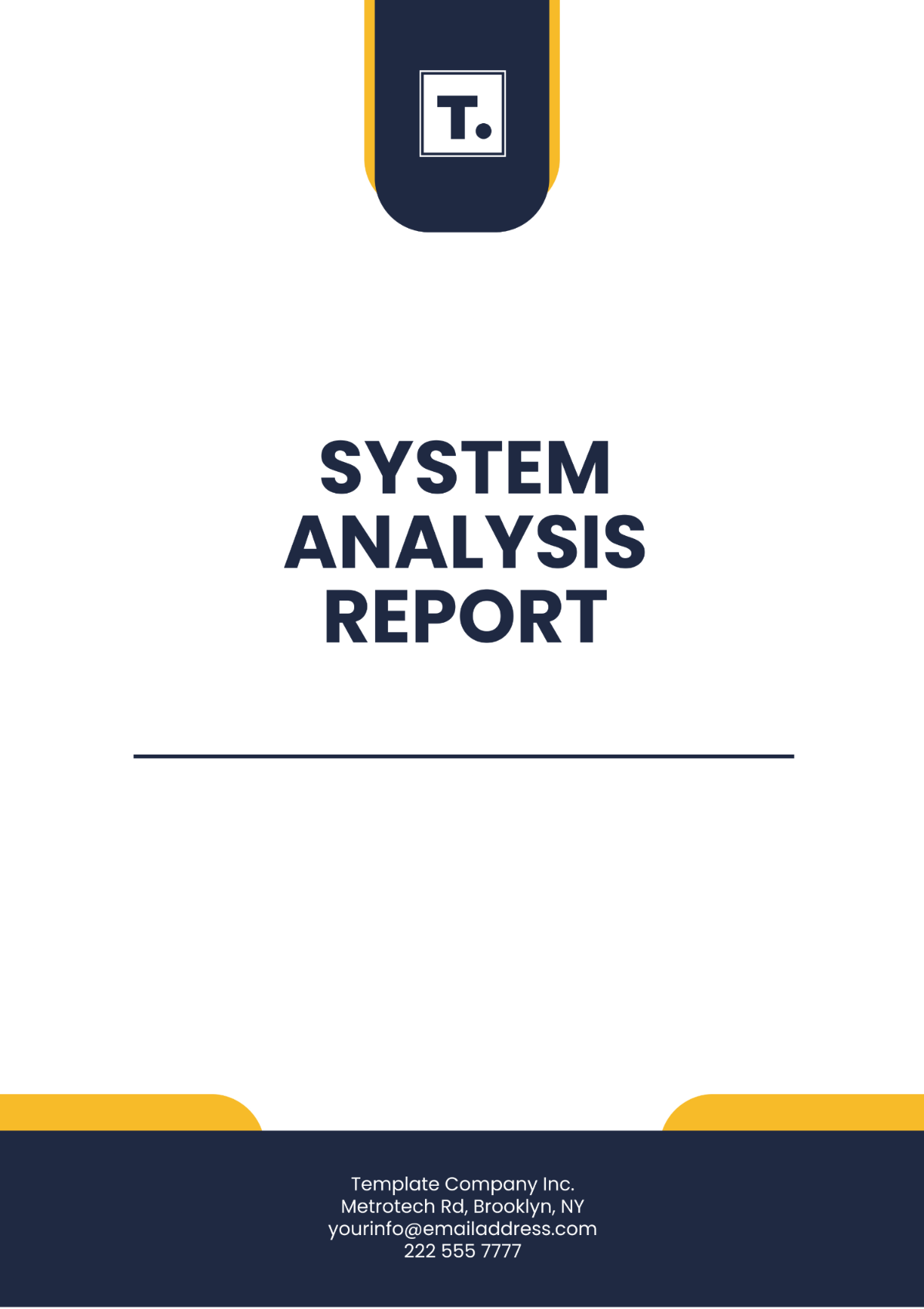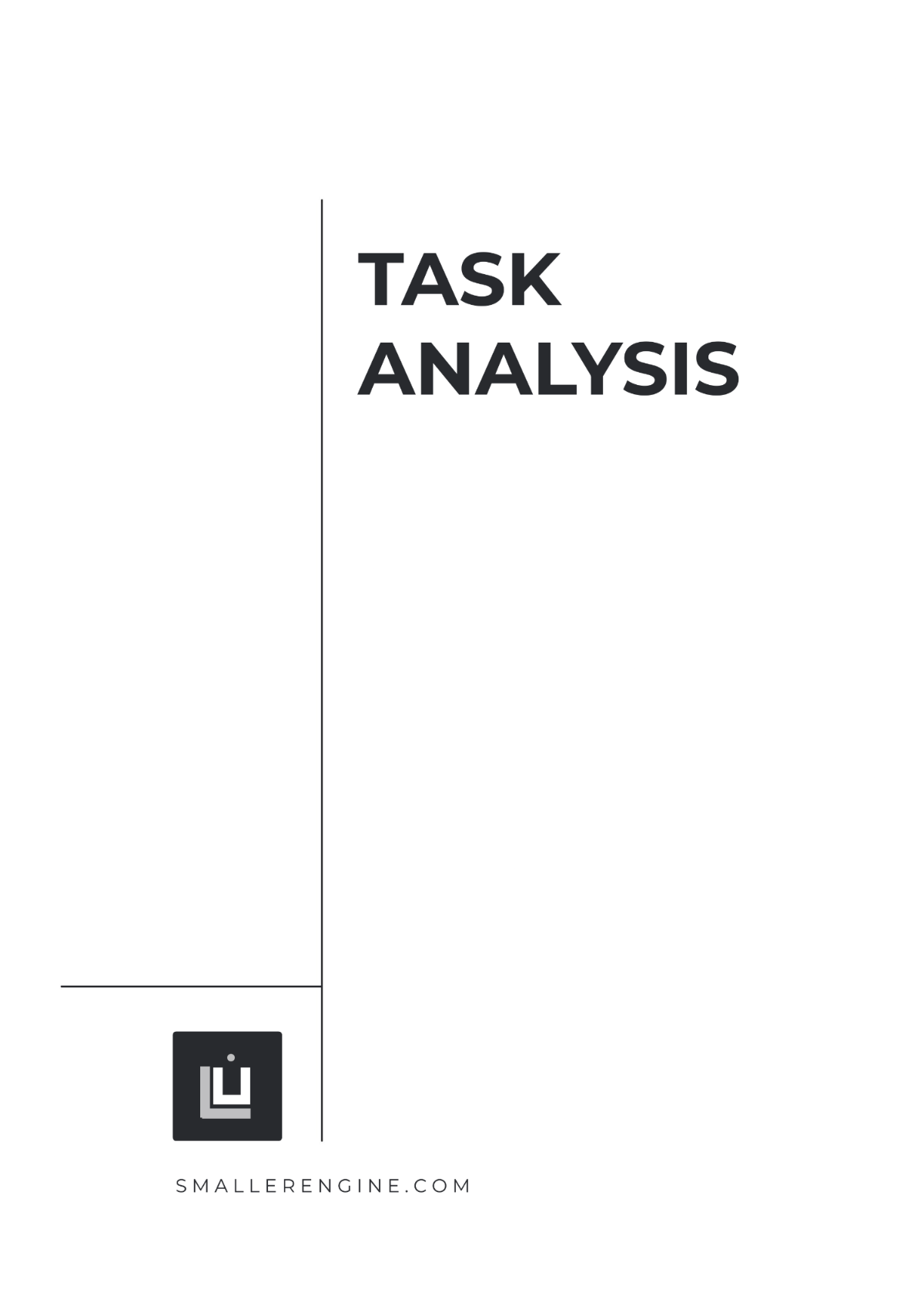MEASUREMENT SYSTEM ANALYSIS
Prepared by: [YOUR COMPANY NAME]
Email: [YOUR COMPANY EMAIL]
Address: [YOUR COMPANY ADDRESS]
Phone: [YOUR COMPANY NUMBER]
Website: [YOUR COMPANY WEBSITE]
I. Introduction to Measurement System Analysis
Measurement System Analysis (MSA) is a comprehensive methodology crucial for improving the quality and credibility of measurements utilized in manufacturing and quality control processes. MSA ensures the integrity, precision, and reliability of collected data by meticulously evaluating the test methods, measuring instruments, and the overall measurement process.
II. Objectives of MSA
1. Assess the Statistical Properties of Measurement Error
MSA helps identify and quantify sources of variation, including repeatability, reproducibility, bias, linearity, and stability, contributing to a deeper understanding of measurement accuracy.
2. Improve Measurement Precision and Reliability
By addressing and mitigating measurement errors, MSA enhances the precision and reliability of measurements, leading to more accurate decision-making and improved product quality.
3. Ensure Consistent Data Quality
MSA ensures that data collected from measurement systems are consistently accurate and reliable, facilitating informed decision-making and supporting quality improvement initiatives.
III. Types of Measurement System Analysis
A. Gauge R&R Study (Repeatability and Reproducibility)
Gauge R&R studies assess the variability introduced by the measurement system in the total variability of the manufacturing process. These studies evaluate the measurement system's repeatability (variation when the same operator measures the same part multiple times) and reproducibility (variation when different operators measure the same part).
B. Bias Study
Bias studies focus on determining the systematic difference between the true value and the measured value provided by the instrument. Identifying and addressing bias is crucial for ensuring accurate measurement results.
C. Linearity Study
Linearity studies evaluate how changes in true values across the measurement range affect measurements. By assessing linearity, MSA ensures that measurement instruments provide accurate readings across their entire operating range.
D. Stability Study
Stability studies involve examining changes in the measurement system over time to identify factors such as wear, calibration drift, or environmental influences. Ensuring the stability of measurement systems is essential for maintaining consistent measurement accuracy over extended periods.
IV. Methodology
1. Preparation
Before conducting MSA studies, thorough preparation is essential. This includes gathering the necessary tools and equipment, defining the scope and objectives of the MSA, and identifying key stakeholders and their roles in the analysis process.
2. Study Design
The study design phase involves selecting the appropriate MSA study based on measurement requirements, determining sample size and measurement conditions, and developing a detailed study plan outlining procedures and responsibilities.
3. Data Collection
Meticulous data collection is critical during MSA studies. It involves conducting the study according to the predefined plan, ensuring accuracy in data recording, and maintaining traceability of measurement data.
4. Data Analysis
Utilize statistical software and methods to analyze collected data comprehensively. Calculate key metrics such as repeatability, reproducibility, bias, linearity, and stability to assess the performance of the measurement system.
V. MSA Calculation and Data Analysis
In the data analysis phase of MSA, statistical techniques such as analysis of variance (ANOVA), gauge capability indices (e.g., %R&R), regression analysis, and graphical methods are employed to analyze MSA data comprehensively. Calculating metrics such as repeatability, reproducibility, bias, linearity, and stability provides insights into the reliability and accuracy of the measurement system.
VI. Implementation of Changes and Follow-up
Based on the findings of MSA, implement necessary improvements to enhance measurement system reliability and accuracy:
Conduct training sessions for personnel on updated procedures and protocols.
Monitor and validate changes to ensure sustained improvements in measurement accuracy.
Document all modifications for compliance with quality standards and future reference during audits.
VII. Conclusion
Measurement System Analysis (MSA) plays a pivotal role in ensuring accurate and reliable measurements, ultimately contributing to the production of high-quality products. This comprehensive report outlines our findings, recommendations, and actions taken to strengthen the manufacturing and quality control processes at [YOUR COMPANY NAME].
VIII. Contact Information
For further discussions or inquiries regarding this report, please contact:
Name: [YOUR NAME]
Email: [YOUR EMAIL]
Phone: [YOUR COMPANY NUMBER]

















































